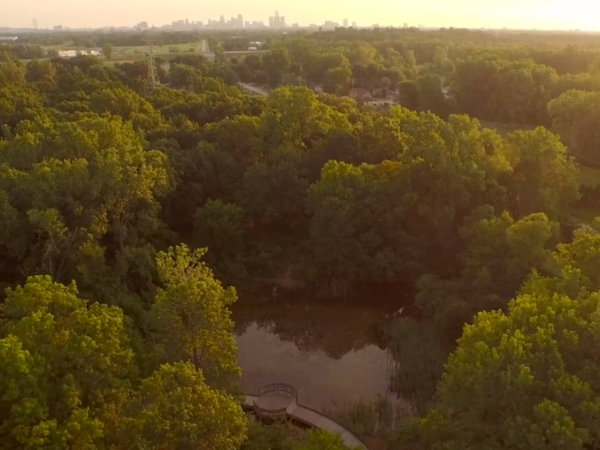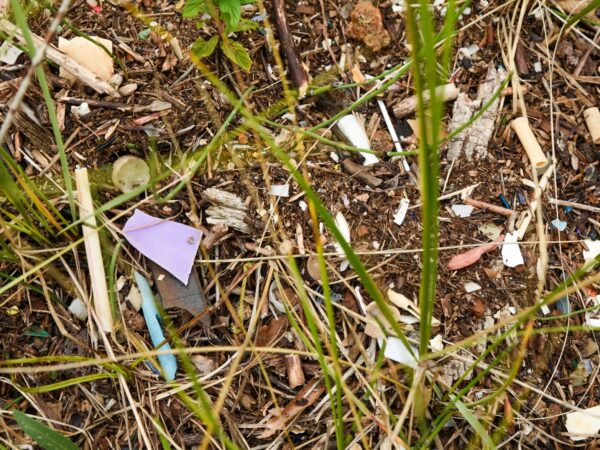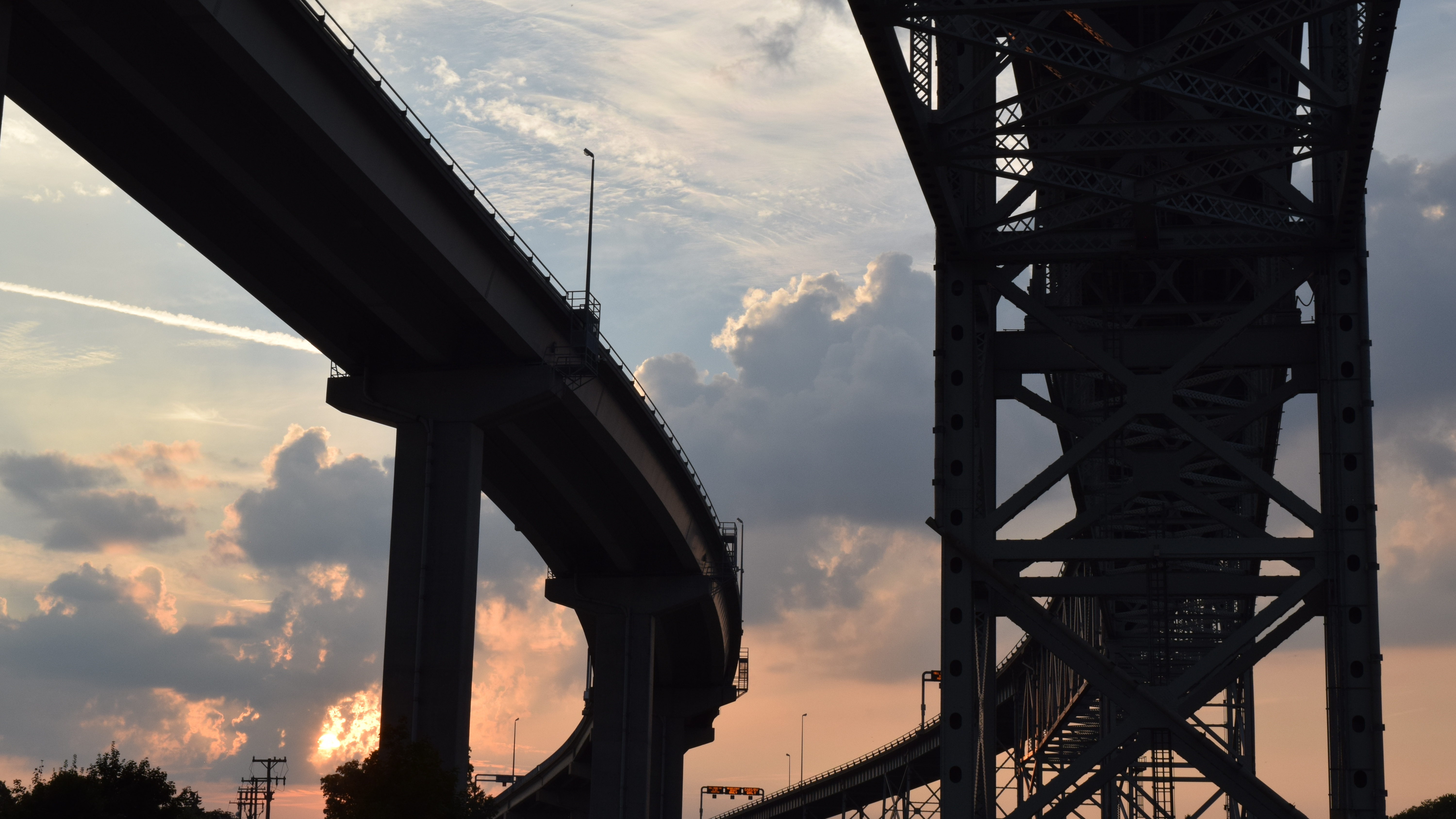
The Blue Water Bridge will no longer accept cash transactions from any travelers to help slow the spread of the novel coronavirus. Customers who attempt to pay with cash will be prohibited from crossing.
This new change in procedure begins March 27, according to a statement by the Michigan Department of Transportation.
The switch to no cash transactions began last week when both the U.S. and Canada announced the transition to no cash at toll booths as well as the restriction of non-essential travel between the two countries.
Reducing the exchange of cash protects toll operators and customers as paying with cash and requiring change creates additional contact points that are unnecessary, MDOT indicated in the statement.
To further reduce the risk of transmission, MDOT is asking commuters to use hand sanitizer before providing their cards to the toll collectors to help reduce contagions from spreading during the exchange of payments.
At the Detroit-Windsor Tunnel, travelers will find credit card scanners at all toll booths, according to President and CEO Neal Belitsky. Customers who attempt to pay with cash will be turned away.
Users can also purchase tunnel passes on the Detroit-Windsor Tunnel website or via the DWT Mobile app available on Apple and Android devices. Travelers using electronic payments will receive a barcode which can be scanned at the border for quick hands-free transactions.
Keep up to date with Great Lakes Now’s coronavirus coverage:
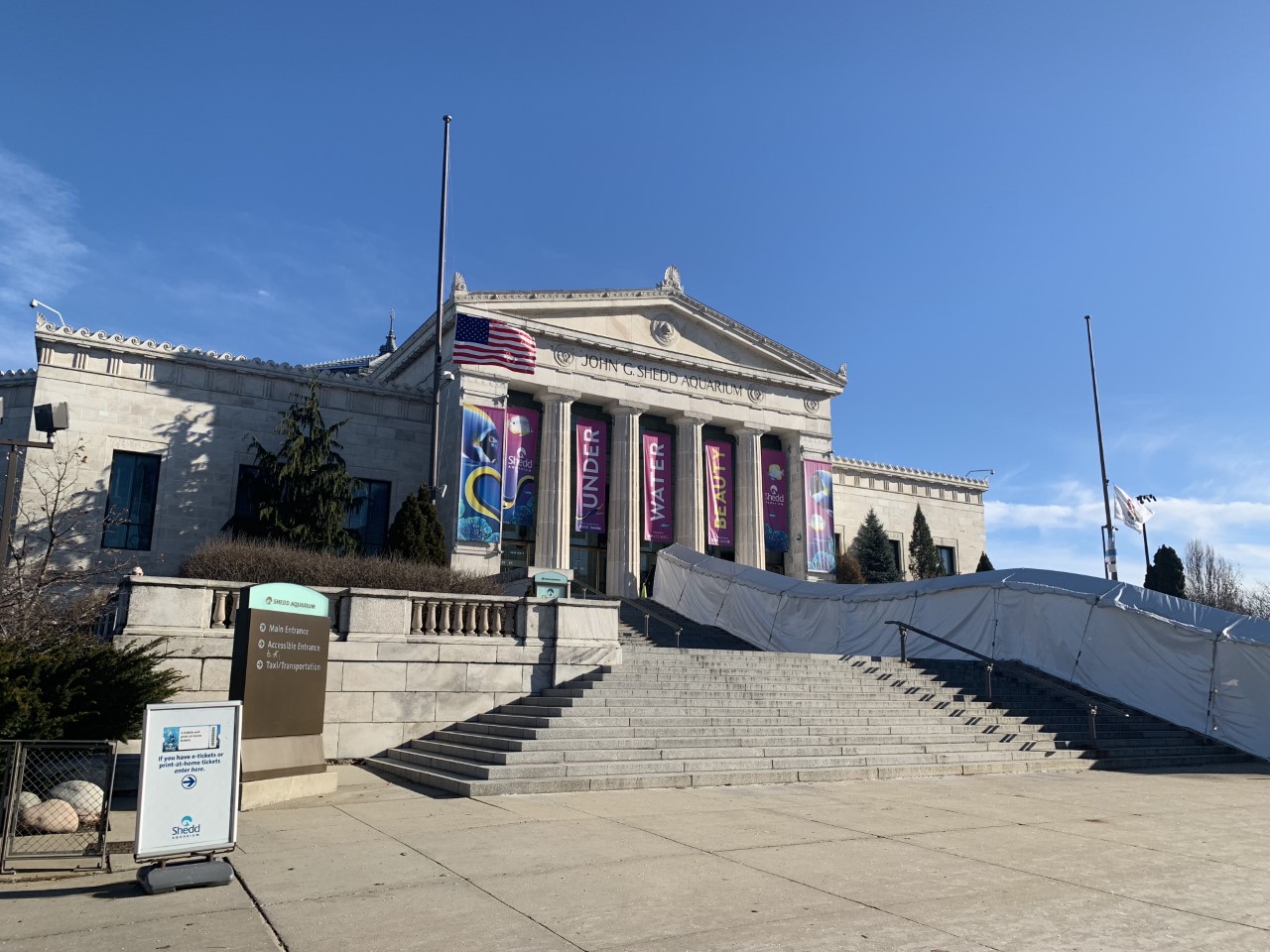
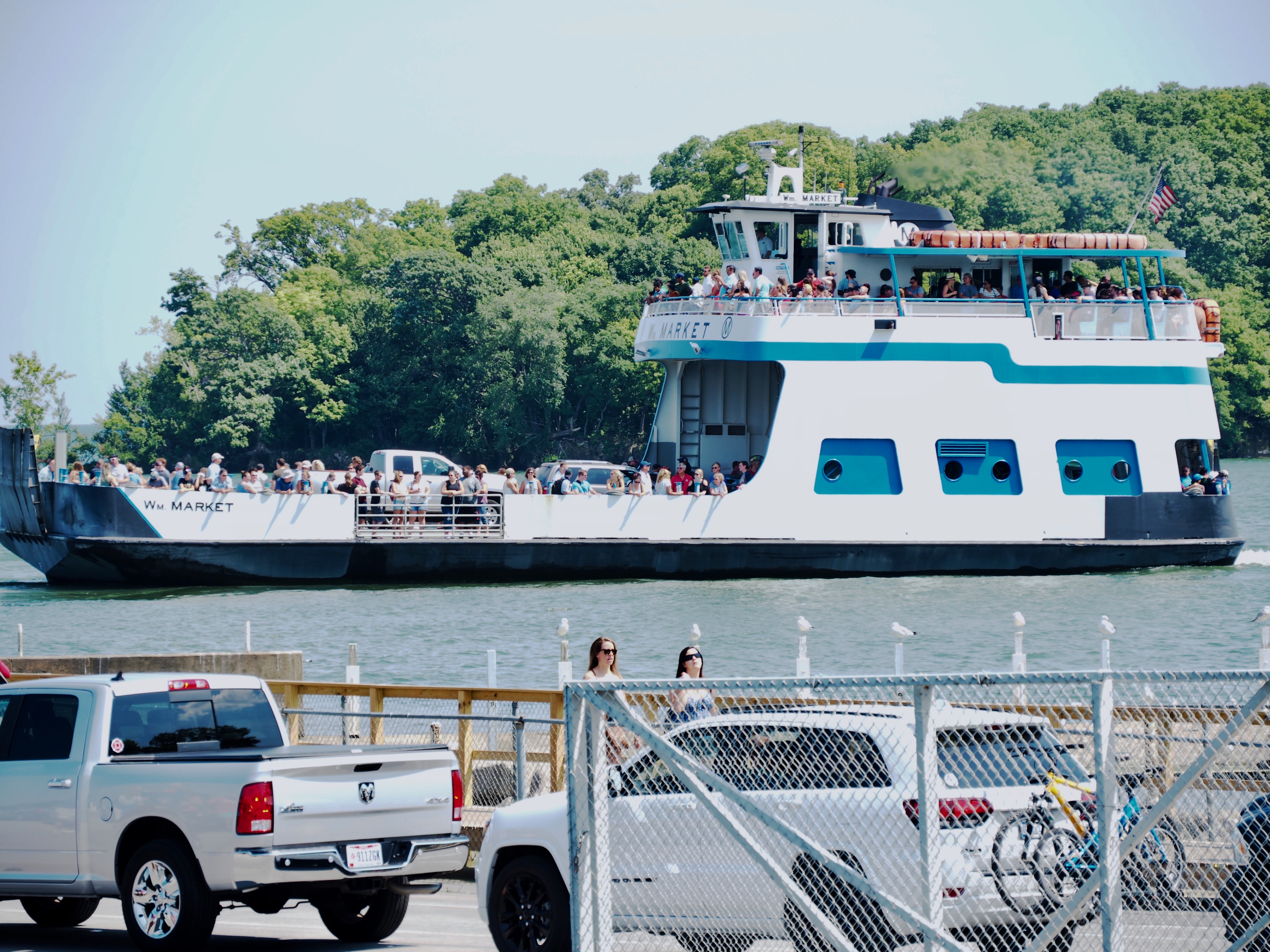

Medical Personnel and supply chains not affected
The majority of Detroit-Windsor Tunnel users are medical personnel, particularly nurses who are commuting from Canada to the U.S. for work, Belitsky said. These workers are considered essential in the fight against COVID-19.
“We’re doing everything we can to make sure their commutes are not affected,” Belitsky said.
At the Blue Water Bridge in Port Huron, the focus is on the national supply chain, according to Jocelyn Hall, the MDOT Bay Region communications representative.
“Our goal is to keep the supply chain flowing,” Hall said.
Commercial traffic at the bridge is moving well at a slightly higher than normal volume, she said.
As part of their effort to support the national supply chain, Michigan is keeping rest areas open to the public with increased cleaning and maintenance to help reduce the spread of COVID-19, according to Hall.
“The truck drivers need somewhere to stop and wash their hands,” Hall said.
International Bridge still taking emergency cash transactions
Traffic at the International Bridge in Sault Ste. Marie is down to only 500 passenger vehicles per day from an average of 4,000 per day, according to Dan Weingarten, MDOT Superior Region communications representative.
He said the majority are working commuters who use PROX cards, which has been helpful as the International Bridge does not have the technical capabilities to go completely cashless.
The International Bridge will continue to accept emergency cash transactions, according to Weingarten.
On March 20, U.S. and Canadian federal authorities enacted temporary travel restrictions on all non-essential travel at land ports of entry and ferries between the U.S. and Canada. Non-essential travel includes sightseeing, recreation, gambling and attending cultural events.
Guidelines for essential travel have been clarified by the U.S. Customs and Border Protection and Canada Border Services to include the following:
- U.S. citizens and lawful permanent residents returning to the U.S.
- Those traveling for medical purposes.
- Individuals traveling to attend educational institutions.
- Individuals traveling to work in the U.S. (including those working in the farming or agriculture industries who must travel between the U.S. and Canada for work).
- Those traveling for emergency response and public health purposes.
- Individuals engaged in lawful cross-border trade (such as truck drivers supporting the movement of cargo between the U.S. and Canada).
- Individuals engaged in official government travel or diplomatic travel.
- Members of the U.S. Armed Forces, their spouses or children returning to the U.S.
- Individuals engaged in military-related travel
Featured image: Blue Water Bridge crossing in Port Huron, Photo by Kathy Johnson



